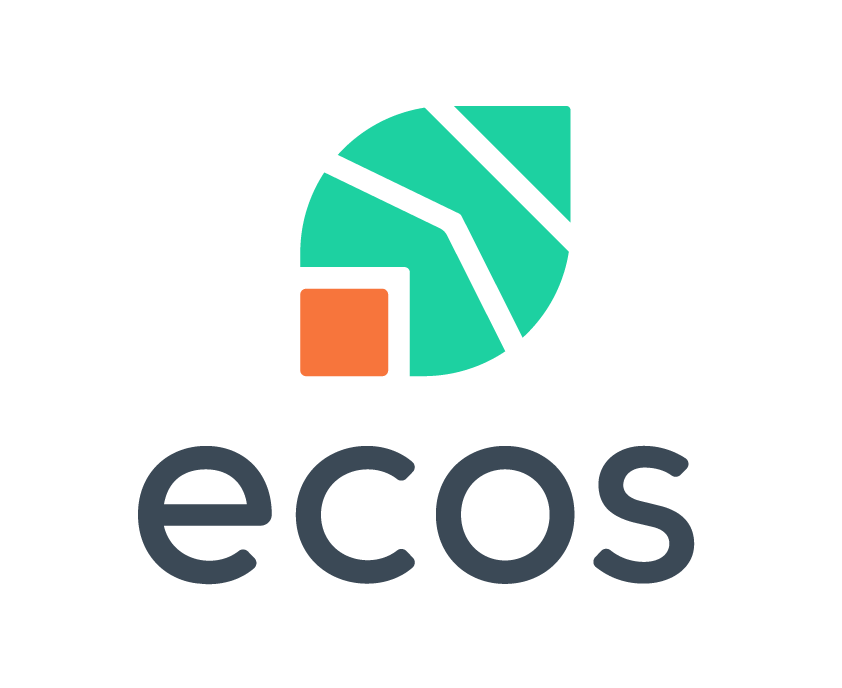Adequate and effective producer responsibility can help make sustainable products the norm, new report finds
A new report from the Ecologic Institute, commissioned by the Rethink Plastic alliance and the Break Free From Plastic movement outlines why extended producer responsibility and “ecomodulation”- the incentivising of environmentally friendly products – can be a key opportunity for waste prevention across Europe.
A new report from the Ecologic Institute, commissioned by the Rethink Plastic alliance and the Break Free From Plastic movement outlines why extended producer responsibility and “ecomodulation”- the incentivising of environmentally friendly products – can be a key opportunity for waste prevention across Europe.
The European Commission committed to ensure only sustainable products are allowed on the EU market and is expected to propose a number of legislative measures in the Sustainable Products Initiative Policy by the end of the year.
Extended producer responsibility, or EPR, is one such measure to make this a reality. Based on the ‘polluter pays principle’, EPR schemes can ensure, if properly designed and implemented that the overall responsibility of a product’s entire lifecycle, from design to disposal, is shifted from taxpayer to producer.
Ecomodulation, or charging differentiated fees based on the sustainability of a product, can incentivise producers to redesign their products and packaging and in turn, foster waste prevention and support the achievement of a toxic-free circular economy.
The report offers a number of recommendations to make EPR ecomodulation an effective tool to make long lasting, reusable, toxic-free and recyclable products and packaging the norm , including:
- Harmonising product standards and ecomodulation criteria between European countries, and in line with the waste hierarchy
- Bridging fee incentives criteria under EPR with eco-design criteria
- Expanding the scope and cost coverage of EPR to include waste prevention measures
- Earmarking revenues for social economy actors such as reuse operators and research and development on circular designs and reuse systems.
- Increasing data availability, transparency and access to information to consumers
Blaine Camilleri, Policy Officer at the European Environmental Bureau on behalf of the Rethink Plastic alliance commented:
“Redesigning products and packaging addresses the issue of waste at the most upstream source, and places responsibility there. The eco-modulation of EPR fees is an effective way of incentivising the re-design of products by making them more sustainable and circular, and shifting the focus of waste prevention to the design phase. EPR fees should reflect the true environmental costs of products and serve as a price signal for consumers to opt for sustainability when making their consumption choices.”

